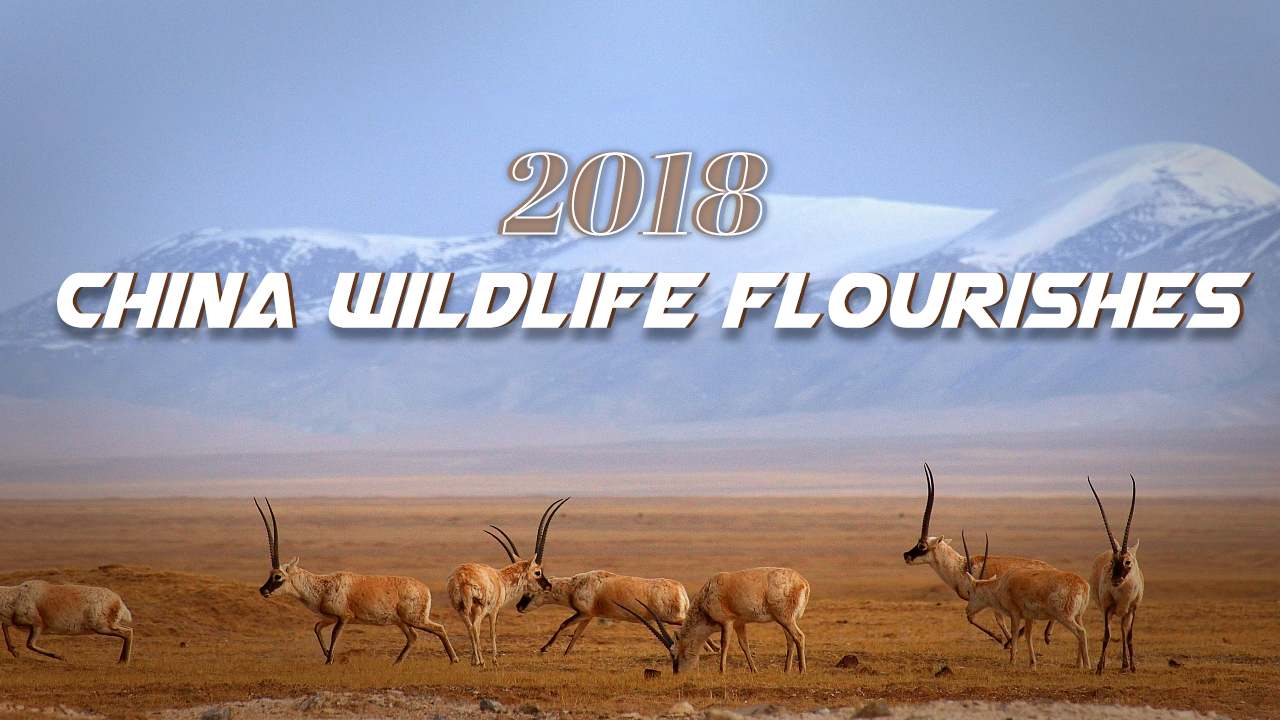Tigers are breeding again in China after commercial logging ban
China's ban on logging is providing a conducive breeding ground for Siberian tigers in northeastern provinces, boosting the iconic big cat's numbers, a senior World Wildlife Fund (WWF) official said. As a significant prowling ground for Siberian tigers, Heilongjiang and Jilin provinces enforced a ban on commercial logging three years ago.
The number of Siberian tigers, on the verge of extinction until a few decades back, sharply increased from barely 30 adults in the wild in 1930 to more than 540, according to a 2015 census.
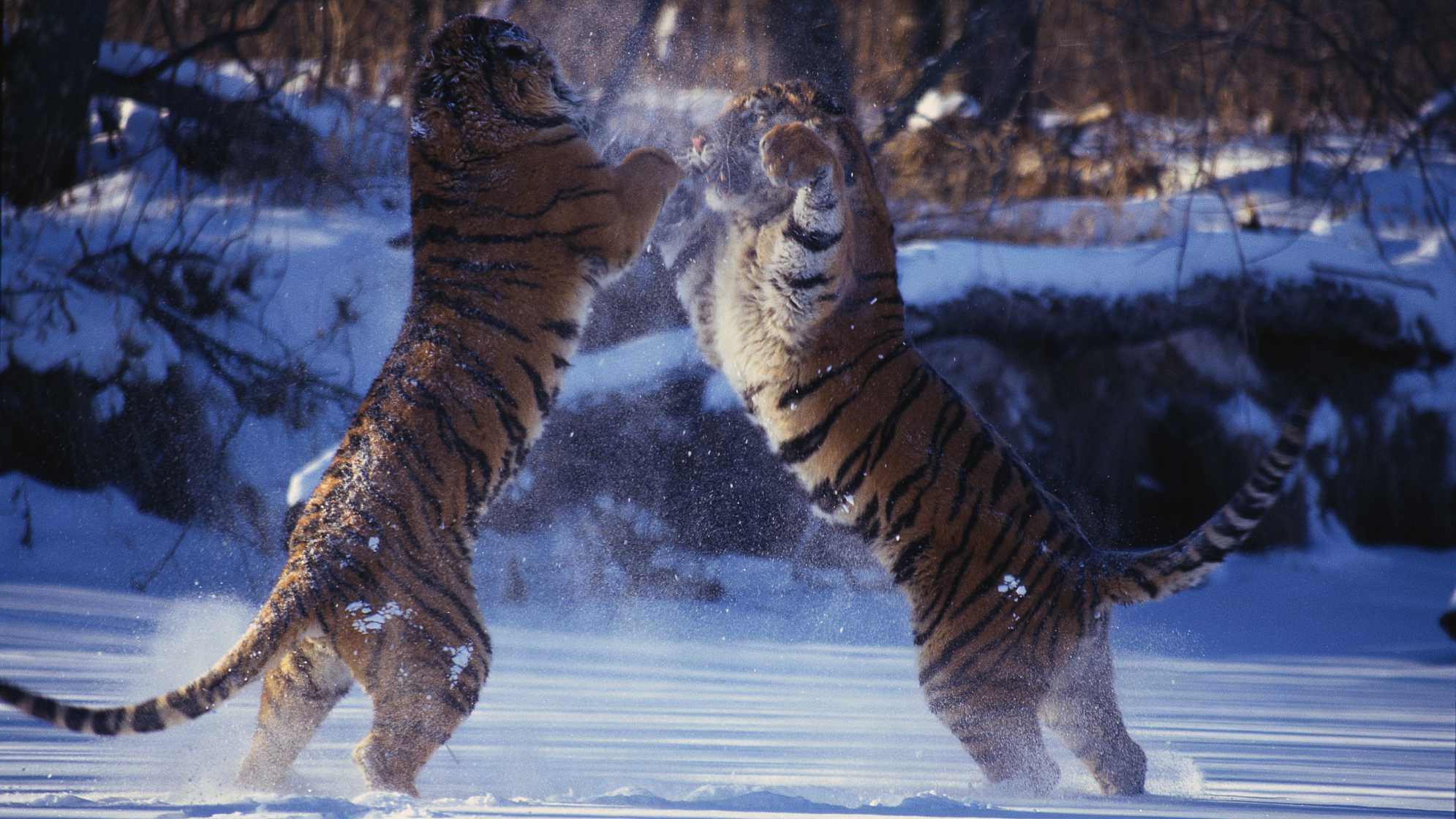
Two Siberian tigers fighting with each other in the snow. /VCG Photo
Two Siberian tigers fighting with each other in the snow. /VCG Photo
The WWF has set a target to double the world's tiger population by 2022, the Chinese Year of the Tiger.
A bird rarer than the giant panda is now breeding again
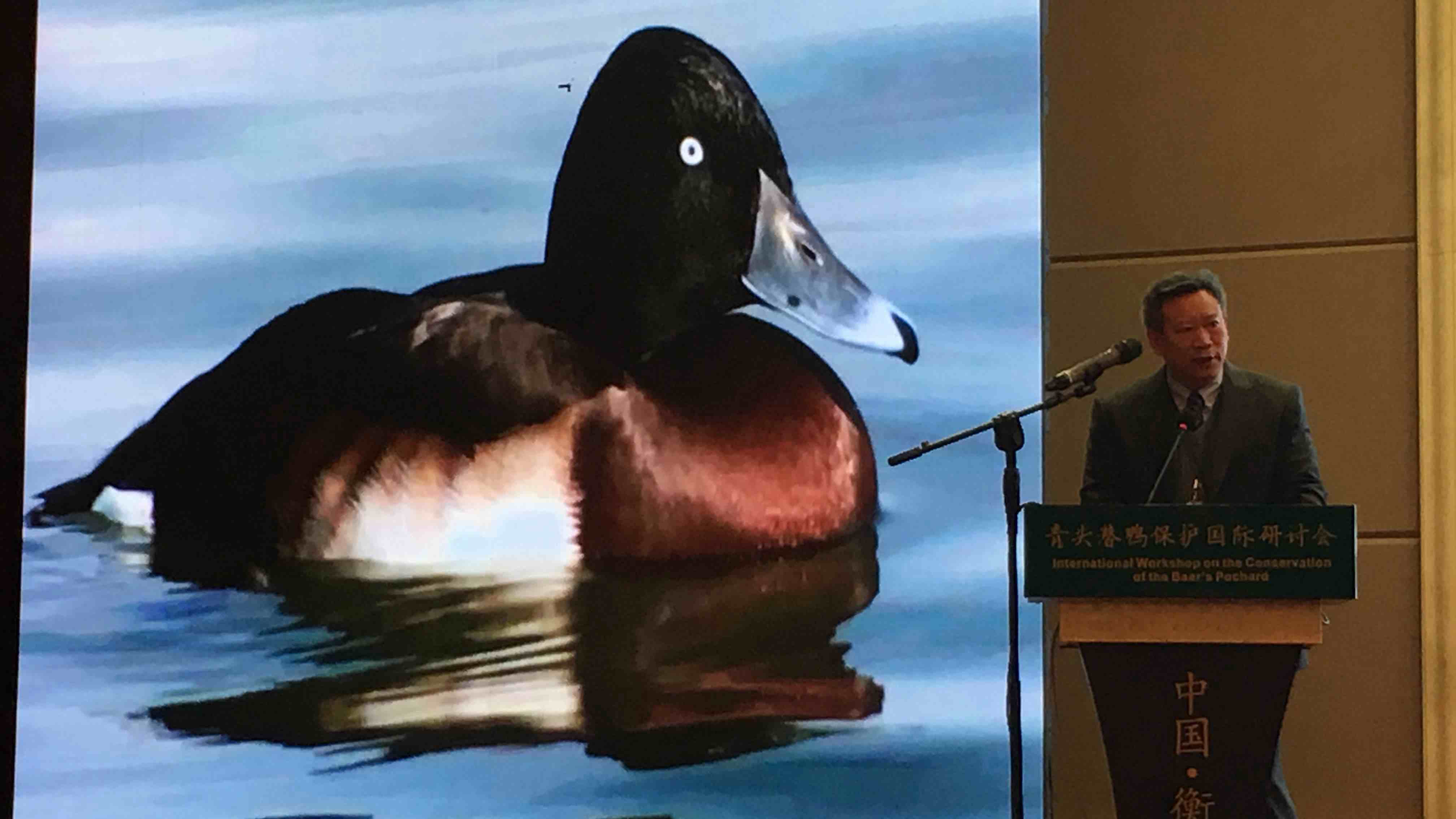
An expert explaining the steps needed to protect Baer's Pochard from getting extinct during a two-day meeting at Hengshui Lake National Nature Reserve in north China's Hebei Province. /File Photo
An expert explaining the steps needed to protect Baer's Pochard from getting extinct during a two-day meeting at Hengshui Lake National Nature Reserve in north China's Hebei Province. /File Photo
Declared critically endangered in 2012, ornithologists have confirmed the successful breeding of the
Baer's Pochard, a migratory diving duck at Hengshui Lake in north China's Hebei Province.
"This is the first confirmed breeding of the 'Critically Endangered' diving duck anywhere in the world in 2018 and is almost certainly a direct result of conservation efforts by the local government and nature reserve staff," an association of conservation groups maintained in a statement.
Critically endangered Chinese dolphin spotted in Yangtze River

Critically endangered Chinese dolphin spotted in Yangtze River /VCG Photo
Critically endangered Chinese dolphin spotted in Yangtze River /VCG Photo
Conservationists say they have sighted a critically endangered Chinese river dolphin in the Yangtze River. A baiji, a Chinese dolphin also known as the Goddess of Yangtze, was reportedly spotted and photographed in eastern Anhui Province.
"We sighted a baiji majestically swimming in the river. As evidence we also took the photographs," said Qian Zou, head of China Biodiversity Conservation and Green Development Foundation's Enterpriser Photography Nature Fund (EPNF).
In 1996, the International Union for Conservation of Nature (IUCN) declared baijis as critically endangered and possibly extinct. The IUCN Red List of Threatened Species is of species whose population plummets below 500 individuals.
A wild panda cub spotted at Dafengding Nature Reserve after 40 years
00:39
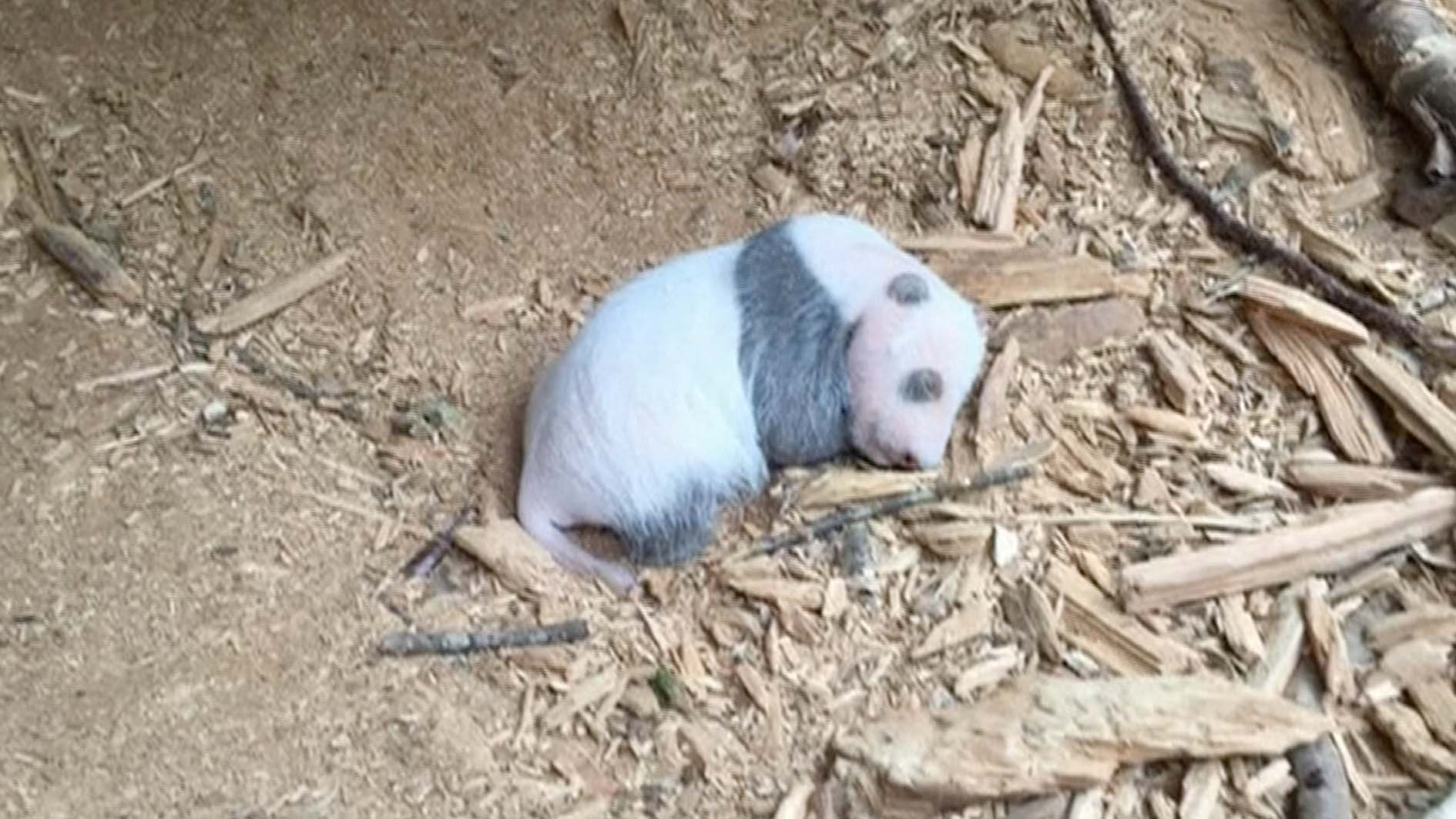
Sighting of a panda cub in Dafengding Nature Reserve located in Meigu County, southwest China's Sichuan Province has raised hopes for the species' revival in the wild. At present only 1,864 pandas exist in the wild in China.
Two rangers during a regular patrol found the wild panda cub sleeping under a tree. "While walking half-way up the hill we spotted a sleeping panda cub," said Shamar Nyipu, a ranger at the Dafengding Nature Reserve.
According to authorities, a wild panda cub has been sighted for the first time in 40 years since the establishment of the reserve. Rangers estimate that the spotted panda cub is around two months old and reportedly resides in a small cave.
Endangered dwarf musk deer spotted in SW China's Mountains
00:44
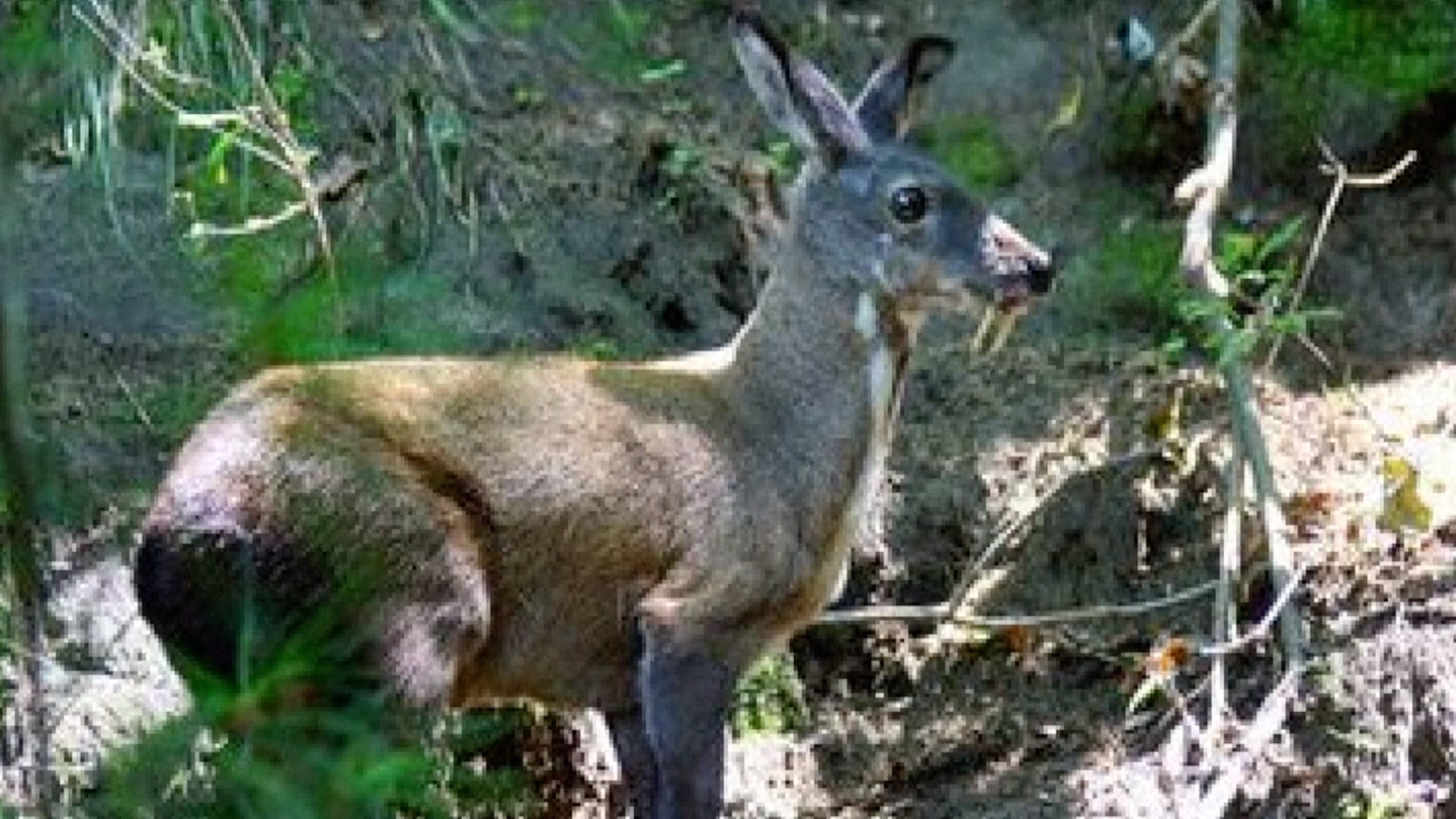
A critically endangered dwarf musk deer was recently captured on camera in the Gaoligong Mountain National Nature Reserve in southwest China's Yunnan Province.
The footage from October shows a small deer as large as an average-sized dog walking around and constantly looking back as if it were searching for something. It has long ears but no antlers, unlike other deer.
The dwarf musk deer, or Chinese forest musk deer, mainly lives in southern and central China and northern Vietnam. They were once widely distributed throughout China. The musk secreted by an adult male musk deer is widely used as an ingredient in traditional Asian medicine and perfumes.

